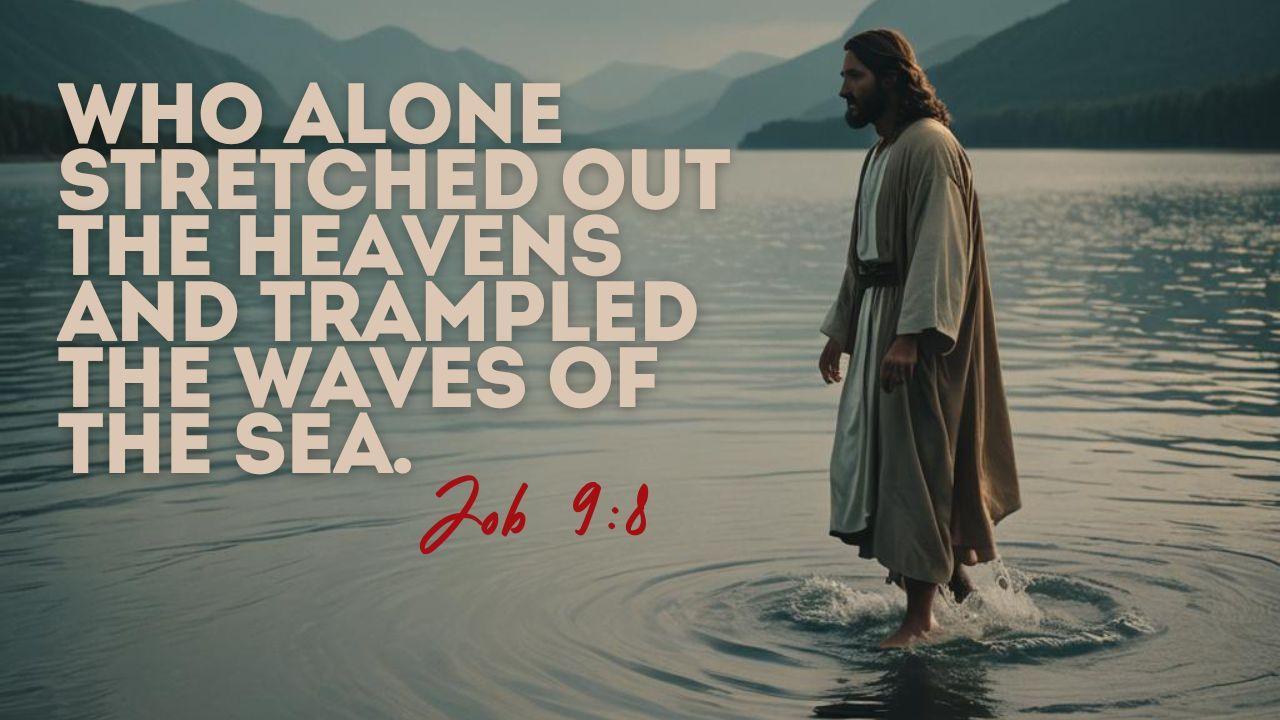Blog Category: Deity of Christ (1 posts)
Jesus, Yahweh, And The Power Over The Storm
Luke J. Wilson | 29th July 2024 |
Apologetics
Critics of Christianity will often make the claim that Jesus never said he was God or divine in the Gospels. The problem comes when they set unrealistic demands and expectations, like wanting a chapter and verse where Jesus says, “I am God, worship me”. But this isn’t how the Bible works and definitely not how Jesus went about his ministry.
Throughout the Gospels, there are clear connections that reveal the true nature of Jesus in ways that would have been obvious to the Jewish people and leaders of his day who were very familiar with the Torah and other Scriptures we now call the Old Testament. One of the most striking examples is His demonstration of power over the storm and sea, which directly links Him to Yahweh as depicted in the Psalms and other Old Testament scriptures.
The Calm in the Storm: Psalms 107:28–29
The Psalms often depict Yahweh as the sovereign Lord over creation, commanding nature with His word. Psalms 107:28–29 provides a vivid picture of this divine authority:
Then they cried to the LORD in their trouble,and he brought them out from their distress;he made the storm be still,and the waves of the sea were hushed.
In these verses, Yahweh’s power is evident. The psalmist recounts how those in distress cry out to the LORD, and He responds by stilling the storm, bringing calm to the raging seas. This act is not just a display of power but a revelation of His compassion and sovereignty over the natural world.
This passage is reminiscent of the story of Jonah, where God’s interaction with the sea is also highlighted but in a contrasting manner. Jonah, fleeing from God’s command, causes a storm by his disobedience:
But the LORD hurled a great wind upon the sea, and such a mighty storm came upon the sea that the ship threatened to break up. (Jonah 1:4)
The sailors, in distress, cry out to their gods and eventually to the LORD, and the storm ceases only when Jonah complies with God’s will by being thrown into the sea:
Then they ...


